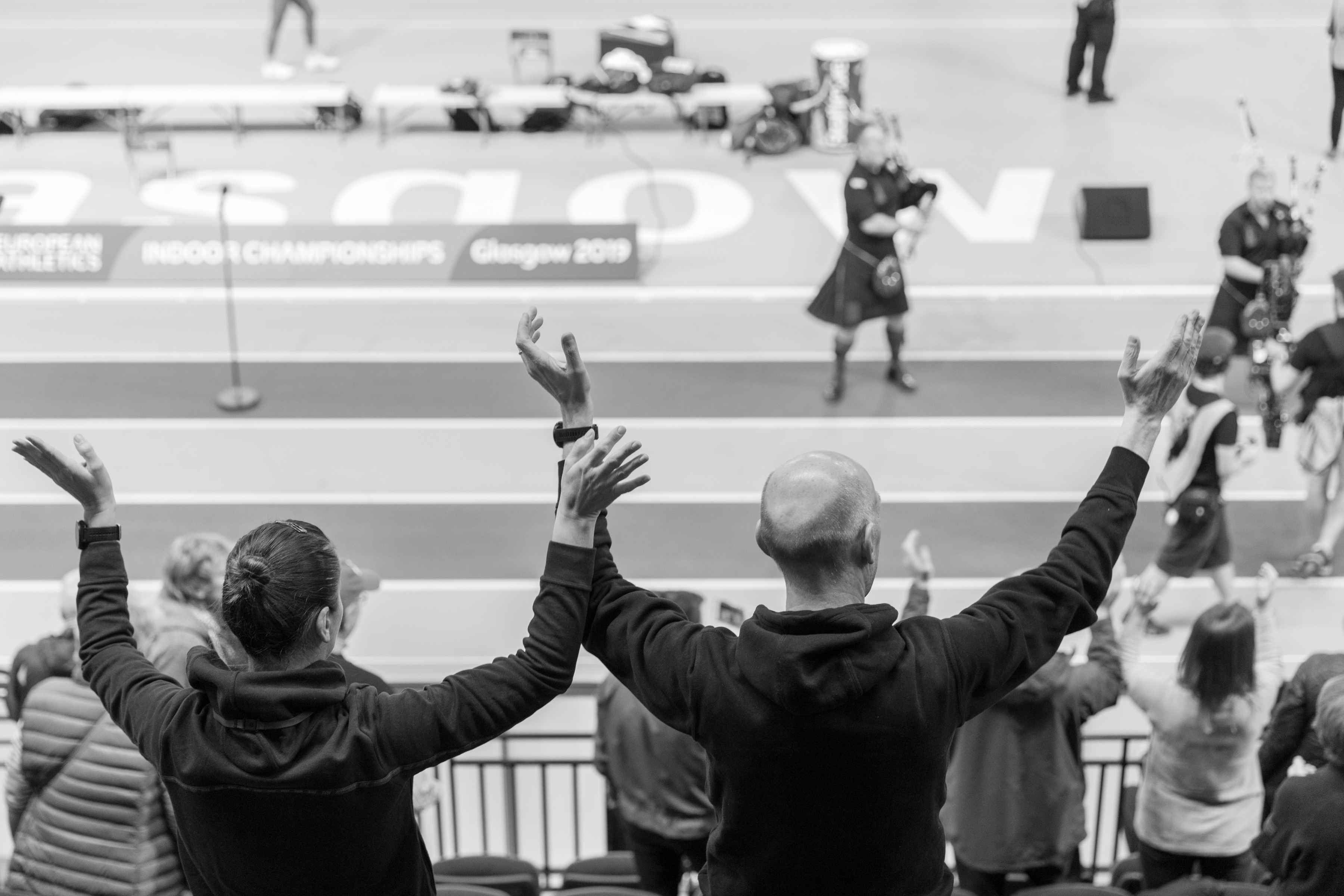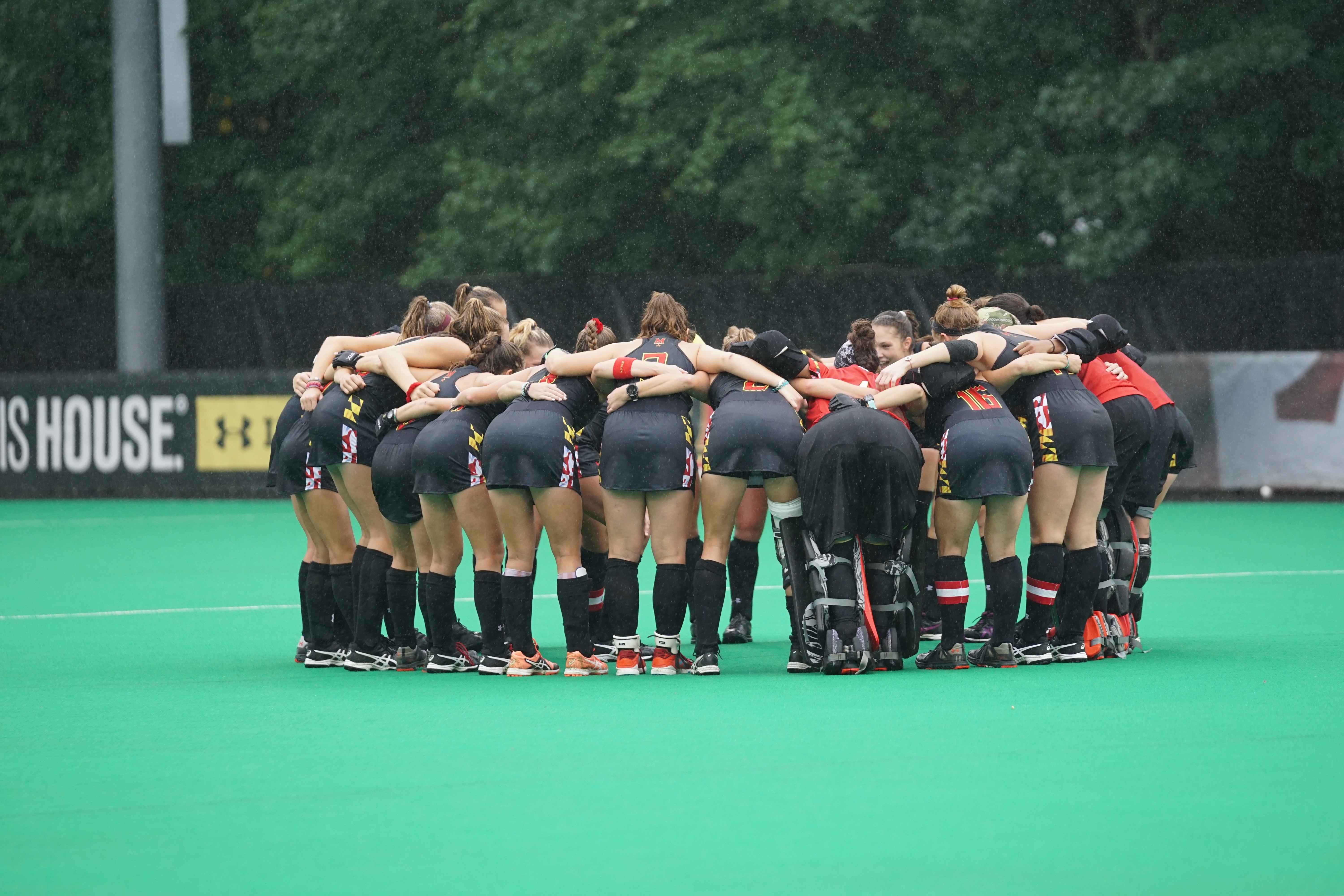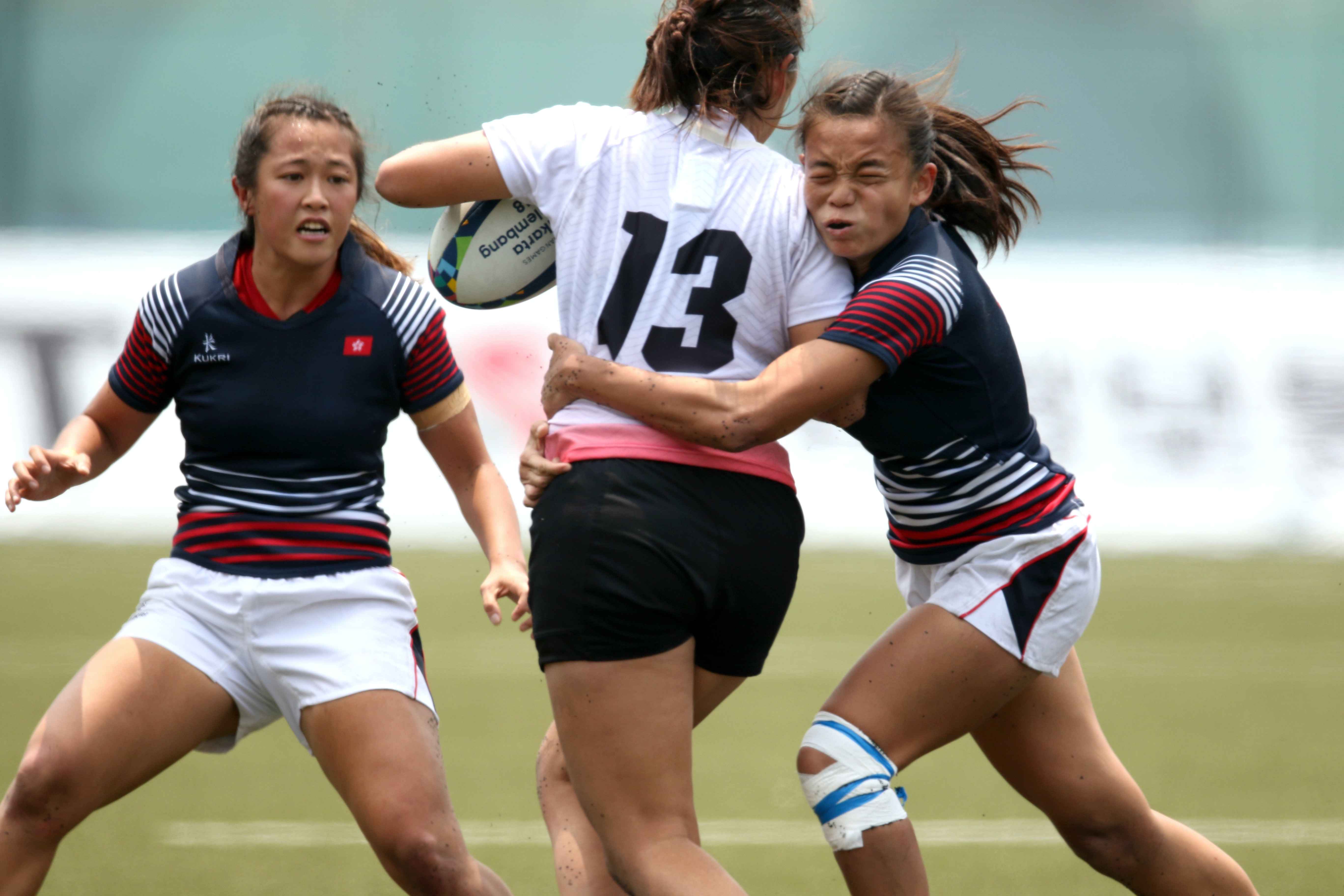Speaking Out & Reporting

Context
Speaking out about safeguarding and welfare issues can be challenging and put athletes in a difficult position, especially if it relates to their coach.
In an ideal world, weighing up what’s at stake by raising a concern shouldn't be part of the equation. But this isn’t an ‘ideal’ world, and some factors do, sadly, cause athletes to think twice about speaking out.
Here are some reasons why concerns often remain unreported:
Risk of losing friends:
If the athlete is happy in their training group, they may feel they risk losing those friendships and that set-up.
Fear of retaliation:
Those who speak out may fear reprisals, such as negative consequences from coaches, organisations, or peers. They may worry about being ostracised or facing retaliation that could impact their sporting career or personal relationships.
Lack of awareness or understanding:
Knowing whether behaviours or situations constitute a safeguarding concern can cause doubt. Athletes should educate themselves about the signs of abuse or grooming tactics. If in doubt, question it.
Power dynamics and influence:
Coaches, trainers, or officials often hold positions of authority and influence over athletes. This power dynamic can create a sense of dependency, making it challenging for athletes to come forward and report concerns about those in positions of authority. An athlete may feel indebted and guilty about raising concerns if a coach is an unpaid volunteer. This is a common dilemma.

Stigma and shame:
Victims of abuse or harassment may experience feelings of shame, guilt, or self-blame. The stigma associated with being a survivor of abuse can deter individuals from speaking out, fearing judgment or disbelief from others.
Limited support systems:
Athletes may feel there are no individuals they trust to disclose safeguarding concerns. They might not have access to appropriate reporting channels or be unaware of the procedures to address such issues.
Cultural or societal norms:
Cultural or societal beliefs and norms can influence attitudes towards reporting safeguarding concerns. In some cases, there may be a reluctance to acknowledge or address these issues openly, leading to silence and continued abuse.
Lost opportunities:
If the training group is high-level, the athlete may feel they risk losing out on important opportunities.

Reporting Concerns
When reporting an issue (or an initial concern), the first point of contact will normally be your club’s Welfare Officer. Their contact details should be available on your club’s website.
Alternatively, if you would prefer to bypass the club, there will be, again hopefully, an Online Safeguarding Concern Form available on your Governing body’s website, which the Safeguarding Team will process.
We decided to talk publicly about our own safeguarding experience that happened within a university environment in the hope that:
-
It helps others in a similar situation speak out/seek help
-
It educates those who haven’t encountered this sad side of sport to identify unacceptable behaviours and know what actions to take if they do.
Take Home Points
-
Don’t ever be too scared to raise concerns and question anything that doesn’t look/feel right.
-
Don’t ever feel you can’t speak out. Voice and/or report any concerns to your club’s welfare officer. Every club will have one.
-
Follow your gut feeling. Trust your instinct.
Note: We have used the word ‘coach’ as a relatable example to represent anyone in a position of responsibility who performs/attempts abusive behaviours within a sporting context.









Comments